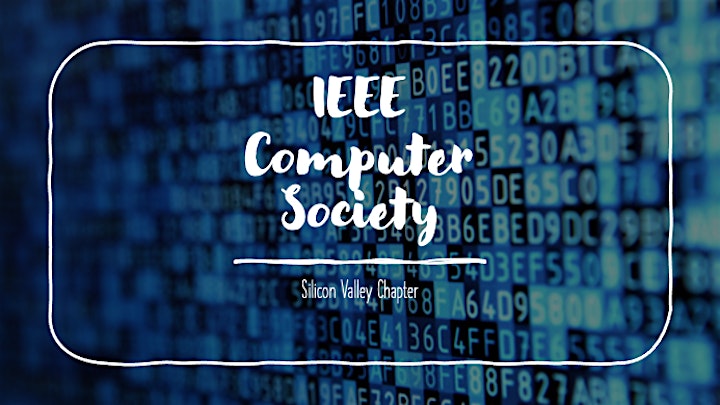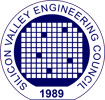
Synopsis:
The progressive adoption of Artificial Intelligence (AI) and advanced communication technologies within railway control and automation gave rise to a huge potential in terms of optimization, learning and adaptation, due to the so-called “self-x” capabilities. However, it has also raised several dependability concerns due to the lack of measurable trust that is needed for certification purposes. In this talk, a vision will be provided about future train control that builds upon existing automatic train operation, protection, and supervision paradigms. The basic concepts for autonomous driving in digital railways will be provided, and feasibility will be addressed in terms of challenges and opportunities, including explainability, autonomic computing, and digital twins. Due to the clear architectural distinction, traditional train protection (ATP) can act as a safety envelope for intelligent operation to optimize energy, comfort, and capacity, while intelligent protection based on signal recognition and obstacle detection can improve safety through advanced driving assistance.
Speaker Profile:
Francesco Flammini graduated cum laude, obtaining a Master’s Degree in 2003 and a research doctorate PhD in 2006, both in Computer Engineering, from the University of Naples Federico II, Italy. He worked for 15 years in private and public companies, including Ansaldo STS (now Hitachi Rail) and IPZS (Italian State Mint and Polygraphic Institute), on large international projects addressing intelligent transportation, critical infrastructure protection and cybersecurity, as a technical leader and unit head. Since 2020, he has been a Full Professor of Computer Science with a focus on Cyber-Physical Systems at Mälardalen University in Sweden, and the Technical Manager of the RAILS EU funded research project about Artificial Intelligence for smart-railways. He is also a Professor of Trustworthy Autonomous Systems at the University of Applied Sciences and Arts of Southern Switzerland, where he is affiliated with Dalle Molle Institute for Artificial Intelligence (IDSIA). Previously, he has been a Senior Lecturer and the chair of the Cyber-Physical Systems (CPS) environment at Linnaeus University (Sweden). He is a Senior Member of the IEEE and a Member-at-Large of the IEEE SMC Board of Governors. He has (co)authored 150+ technical publications, and he has served as a chair, invited speaker, steering/program committee member, and editor for several international conferences and journals.

IEEE Computer Society, Silicon Valley Chapter



